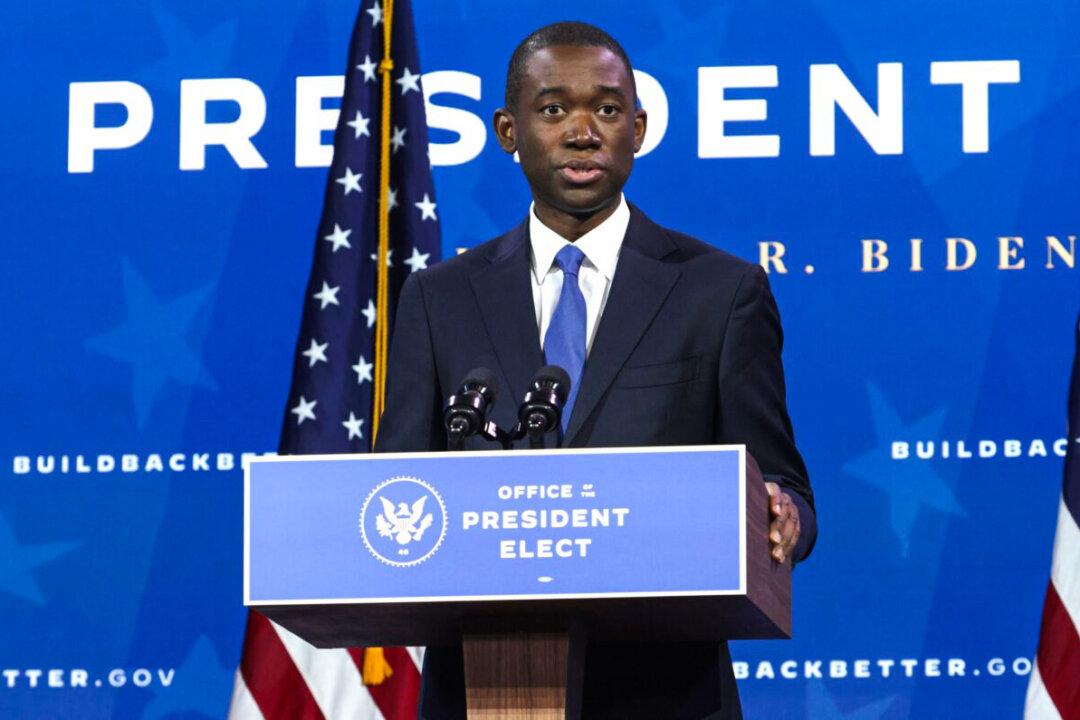The federal government is aiming to obtain $400 billion in new revenue over the next decade as part of the White House-backed $1.75 trillion social spending plan, according to a top Treasury official.
Increased Internal Revenue Service enforcement to collect unpaid taxes makes up the largest source of revenue in the legislation to be considered by Congress this week, Deputy U.S. Treasury Secretary Wally Adeyemo told Reuters on Monday. Adeyemo said that the agency is planning to carry out more audits to deter tax avoidance among wealthier Americans.





